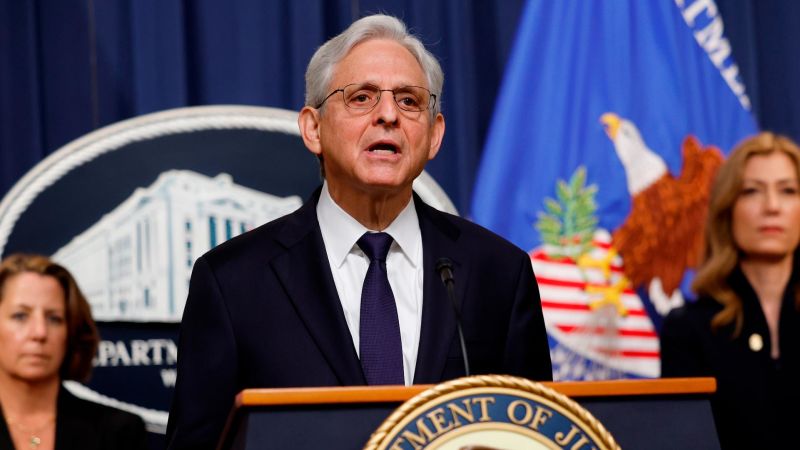The Federal government is implementing tougher sentencing in cases where artificial intelligence is used to commit election-related crimes, such as voter suppression and threatening violence against election workers, stated Deputy US Attorney General Lisa Monaco. This is in response to the rising use of AI tools to spread false information and create deepfakes that mimic the voices and likenesses of politicians. The new policy aims to address the evolving threats to the democratic process posed by advances in technology, with AI emboldening those seeking to undermine the integrity of elections.
The emergence of AI-driven software programs capable of producing deepfakes has created a more challenging environment for election workers and officials tasked with safeguarding elections. Concerns have been raised over the potential for AI tools to exacerbate existing threats, as demonstrated by an incident in New Hampshire where an AI-generated robocall instructed voters not to participate in the Democratic primary. Federal officials are also considering the possibility of foreign powers using AI to influence voters, prompting drills and training exercises to prepare for such scenarios.
The Justice Department is facing pressure to investigate the increase in harassing phone calls and emails targeting election officials in recent years. Many threats, including death threats, have been made without the use of AI tools and are often fueled by false beliefs of election fraud. The dangerous environment has led to a significant number of election officials reporting threats, harassment, and abuse, with concerns for their safety and that of their colleagues and staff. Efforts are being made to provide training and security measures to ensure the safety of election office staff.
AI-driven election-related crimes are a growing concern for election security officials, as highlighted by the need for tougher sentencing in cases involving the use of AI tools to undermine elections. The complexities of the threat environment posed by deepfakes and other AI-generated content require proactive measures to protect the democratic process. Collaboration between federal, state, and local authorities is essential to address the evolving nature of election-related threats and ensure the safety and integrity of future elections.
The Justice Department’s policy change reflects the increasing challenges faced by election officials due to the use of AI tools in committing crimes. Deepfakes and other AI-generated content have made it easier for individuals to impersonate politicians and spread misinformation, posing a significant threat to election integrity. The focus on prosecuting cases involving AI in election-related crimes underscores the importance of adapting to technological advancements and safeguarding the democratic process against emerging threats. Collaborative efforts and training initiatives are essential to address the persistent danger posed by threats to election officials and the integrity of the electoral system.
Efforts are being made to address the persistent threats and harassment faced by election officials, particularly in the wake of baseless fraud claims surrounding the 2020 election. The safety and security of election workers have become a top priority, with measures in place to provide training and support to mitigate risks. The increase in threats and abuse directed at election officials underscores the urgent need for comprehensive strategies to ensure the protection of those involved in the electoral process. Collaboration between election offices, law enforcement agencies, and advocacy organizations is crucial to address the ongoing challenges and uphold the principles of democracy.


